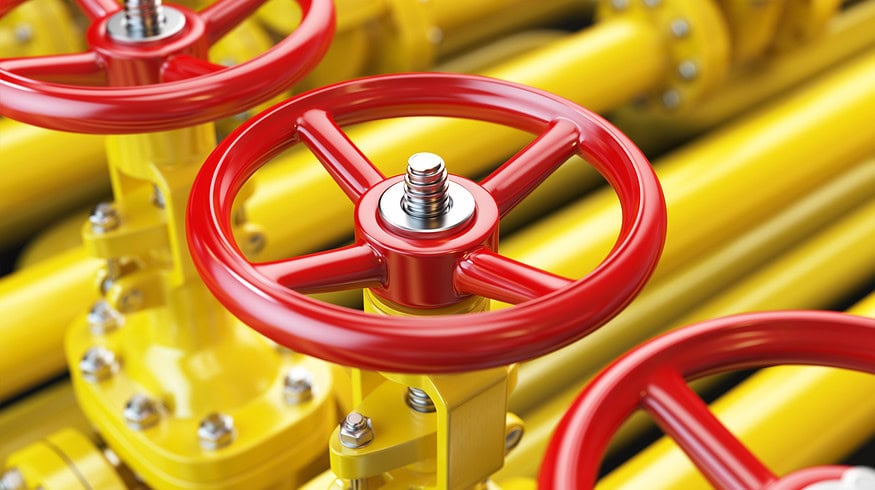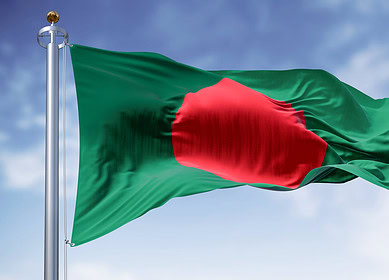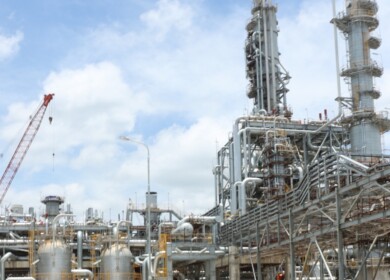Bangladesh prioritizes gas for fertilizer production amid urea shortage concerns

In a strategic shift to support its agricultural sector, Bangladesh has decided to allocate natural gas preferentially to fertilizer production, particularly targeting urea manufacturing, to avert a potential crisis in the sector. This decision is a response to the essential role of agriculture in the nation’s food security and the government’s commitment to maintaining a steady fertilizer supply chain through both local production and necessary imports.
Prime Minister Hasina Wajid has directed that during the winter, when the demand for gas in power plants is lower, the supply should be redirected to fertilizer production. This guarantees sufficient urea availability for the Boro season, a crucial period for rice cultivation.
This policy shift has enabled the resumption of operations at three key urea factories — Jamuna, Chittagong, and Ashuganj — which had been temporarily shut down since mid-2022 due to gas shortages. The factories’ return to production has assuaged fears of a urea shortage from December to early February, which had been a significant concern for the agricultural sector.
Saidur Rahman, Chairman of the Bangladesh Chemical Industries Corporation (BCIC), expressed optimism that with all factories now functional, the country should have a stable urea supply for the upcoming Boro season. This development is expected to lessen the dependency on imported urea, according to local media reports.
The closure of the three factories cast doubt on the BCIC’s goal of producing one million metric tonnes of urea this fiscal year. Bangladesh’s annual urea requirement is between 2.6 to 2.7 million metric tonnes, of which local factories contribute about one million, with the rest being imported.
In a recent development, the Cabinet Committee on Government Purchase authorized the BCIC to buy 30,000 metric tonnes of bagged granular urea fertilizer from Muntajat, Qatar, for Tk 1.278bn ($14.7mn). Additionally, the BCIC has been approved to purchase a similar quantity of urea from Karnaphuli Fertilizer Company Limited (KAFCO) at a cost of Tk 1.21bn ($13.9mn) and from SABIC Agri Nutrients Company, Saudi Arabia, for Tk 1.234bn ($14.2mn).
Moreover, the Bangladesh Agriculture Development Corporation (BADC) has been tasked to continue exploring options for importing TSP, DAP, and MOP fertilizers from various countries, including China, Saudi Arabia, Morocco, Tunisia, Canada, Russia, Belarus, Malaysia, and Jordan, to further bolster the nation’s fertilizer reserves.
Enjoyed this story?
Every Monday, our subscribers get their hands on a digest of the most trending agriculture news. You can join them too!














Discussion0 comments